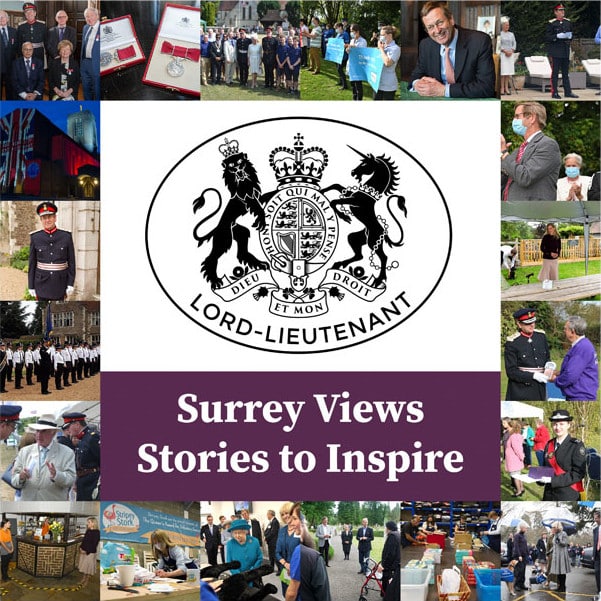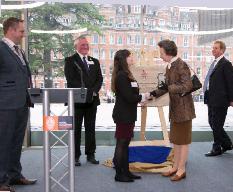Surrey Views


Learning from our experiences: the essence of education How Covid-19 is changing the university experience
As places of work reopen and the new school year begins, Surrey’s three universities – Royal Holloway, Surrey, and University for the Creative Arts (UCA) – will soon start to welcome new and returning students; but in a Covid-secure world what will the student experience look like?
The termination of normal university life in March 2020 caused universities to change rapidly, moving teaching online and creating assessment regimes that fairly evaluated students who were no longer on campus. This transformation had to take into account students working from home, in different time zones, and with different digital capabilities and network connectivity. Seeking not to disadvantage graduating students, enormous progress was made in transforming the delivery of higher education, arguably achieving more in three weeks than in the preceding decade.
Over the summer vacation, our universities have had the opportunity to take stock, learn lessons and plan for the new academic year. Like many businesses, there is no going back to many of the old ways of working, but teaching and learning were already in transition. The days of a ‘master-apprentice’ model of learning, where students sat through hours of lectures being delivered by an expert, had already changed. Today, if a student has a question they can just as quickly look up the answer on their smartphone by using Google or texting a fellow class member than asking a question in a lecture hall. For some students, anxious about speaking in a large group, this is a liberating experience.
Social distancing and the reduced capacity of lecture theatres and seminar rooms have forced our universities to move to a ‘blended’ model of learning, comprising a mix of online lectures and face-to-face, on-campus teaching. This builds on the so-called ‘flipped classroom’ model of teaching, where lectures are pre-recorded and students watch (and re-watch) them online at a time of their choosing – as they would television on BBC iPlayer. The added value brought by an academic member of staff is in the follow-up small group sessions, where students can raise questions about the online lecture and further develop lines of thought and analysis, or pursue experiments in a laboratory or workshop.
The aim of university teaching is to help students become independent learners and the majority of students adapt well, but some struggle and – as we rapidly develop teaching and learning practice – more attention is being given to the attainment gaps that are to be found between particular ethnic or socio-economic groups. Liberating staff from delivering live, generic lectures should provide the time to focus more on the individual needs of students.
For most students, university is also about becoming an independent adult. Outside the classroom, students can experience many character-building activities and whilst social distancing will limit the scale of these activities, they will remain a fundamental part of the university experience. One activity, which can adapt well is volunteering. This features strongly across Surrey’s universities and for which some have been awarded The Queen’s Award for Voluntary Service.
The new academic year will undoubtedly look different, but the purpose, ambition and outcomes of our universities remain true to their founding principles. The human race is amazingly resilient and inventive and despite the devasting impact of Covid-19, we strive to make our education systems, businesses and wider society better through the lessons we have learned. This is the very essence of education.
Professor Paul Layzell DL
Principal
Royal Holloway, University of London
